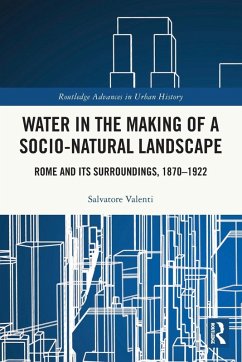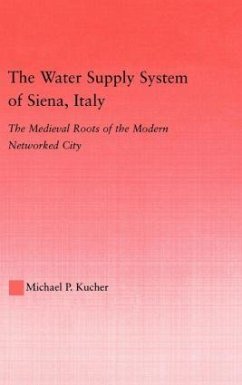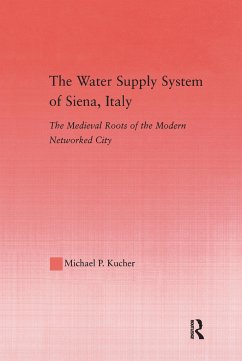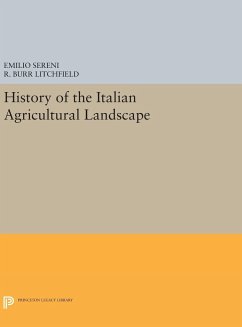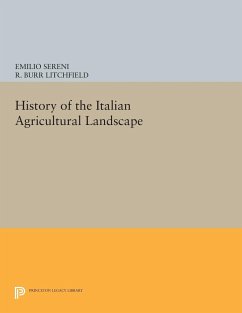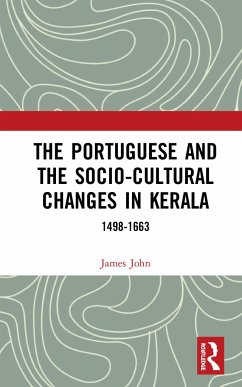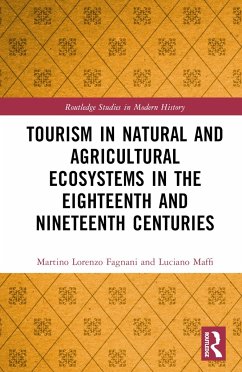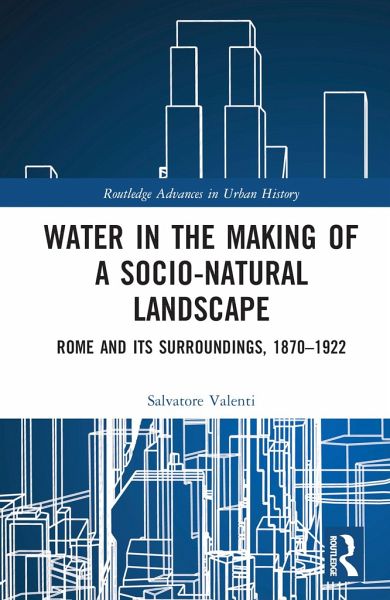
Water in the Making of a Socio-Natural Landscape
Rome and Its Surroundings, 1870-1922
Versandkostenfrei!
Versandfertig in 1-2 Wochen
167,99 €
inkl. MwSt.
Weitere Ausgaben:

PAYBACK Punkte
84 °P sammeln!
How would the history of an urban area look if water were at the center of analysis? Water in the Making of a Socio-Natural Landscape explores the transition from early modern to modern water management in late nineteenth-century Rome. It merges local water management with national water policies aimed at promoting irrigated agriculture, industrial processes, and public health. It investigates perceptions and conceptualisations of water, changes in the water law, engineering projects, medical knowledge and practices, value of water in different productions, and needs and uses of local stakehol...
How would the history of an urban area look if water were at the center of analysis? Water in the Making of a Socio-Natural Landscape explores the transition from early modern to modern water management in late nineteenth-century Rome. It merges local water management with national water policies aimed at promoting irrigated agriculture, industrial processes, and public health. It investigates perceptions and conceptualisations of water, changes in the water law, engineering projects, medical knowledge and practices, value of water in different productions, and needs and uses of local stakeholders. From which derives that water infrastructures are the complex outcome of the clash between different users and uses of water as well as the dynamic interaction between different levels of power. In this book, it builds upon Maria Kaika's Cities of flows and Erik Swyngedouw's Liquid power to introduce a new dimension to the analysis of urban water: the interaction among the three main uses of water: drinking, agriculture, and industry. Water in the Making of a Socio-Natural Landscape is written for a specialist readership with an interest in environmental and urban history and science and technology studies, but it can also be used by graduate and PhD students.




